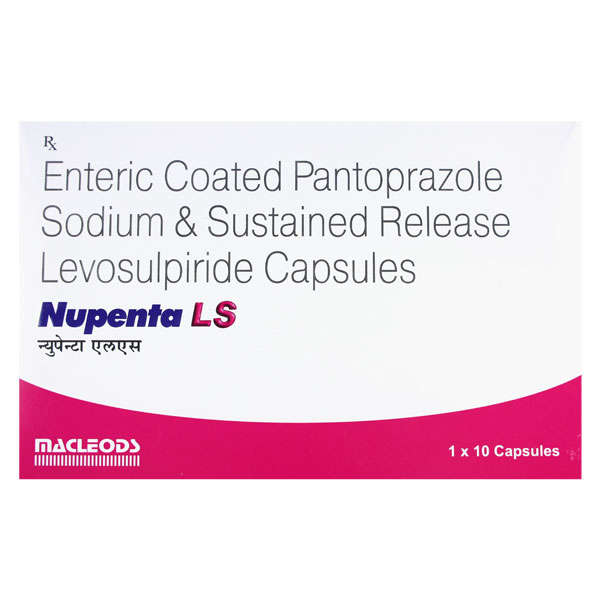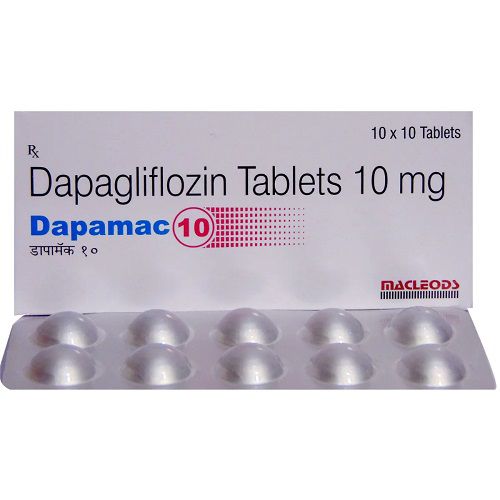orthocort
Introduction to Orthocort
Orthocort is a medication primarily used to treat certain inflammatory conditions. It contains the active ingredient Deflazacort, which is a type of corticosteroid. Corticosteroids are a class of drugs that help reduce inflammation and suppress the immune system.
Composition of Orthocort
Orthocort contains Deflazacort as its active ingredient. This medication is available in tablet form and is taken orally.
Uses of Orthocort
- Treatment of Duchenne muscular dystrophy (DMD) in children aged 5 and older.
- Reduction of inflammation in various conditions.
- Suppression of the immune system to prevent unwanted immune responses.
Side Effects of Orthocort
Common Side Effects:
- Weight gain
- Increased appetite
- Round face (Cushingoid appearance)
- Upper respiratory infections (common cold)
- Frequent urination
- Nose and throat inflammation
- Excessive hair growth
- Irritability
Serious Side Effects:
- Allergic reactions such as rash, itching, or swelling
- Severe dizziness
- Trouble breathing
Precautions of Orthocort
Before taking Orthocort, inform your doctor if you are allergic to it or any of its ingredients. Use with caution during pregnancy and breastfeeding. Do not stop taking Orthocort suddenly, as it can lead to steroid withdrawal syndrome, causing symptoms like loss of appetite, nausea, vomiting, tiredness, and headache.
How to Take Orthocort
- Take Orthocort once daily by mouth.
- The recommended dose is about 0.9 mg for each kilogram of body weight.
- It can be taken with or without food.
- Avoid taking it with grapefruit juice.
Conclusion of Orthocort
Orthocort is an effective medication for managing inflammation and immune responses in certain conditions. It is important to follow your doctor's instructions and be aware of potential side effects. Always consult your healthcare provider for personalized advice and guidance.

Similar Medicines
More medicines by Macleods Pharmaceuticals Pvt Ltd
Available in 4 variations

strip of 10 tablets

Orthocort 12 Tablet
strip of 6 tablets

Orthocort 24mg Tablet
strip of 6 tablets

Orthocort 18mg Tablet
strip of 6 tablets
Disclaimer : This information is not a substitute for medical advice. Consult your healthcare provider before making any changes to your treatment . Do not ignore or delay professional medical advice based on anything you have seen or read on Medwiki.
orthocort
Prescription Required
Manufacturer :
Macleods Pharmaceuticals Pvt LtdComposition :
deflazacort














.svg)
